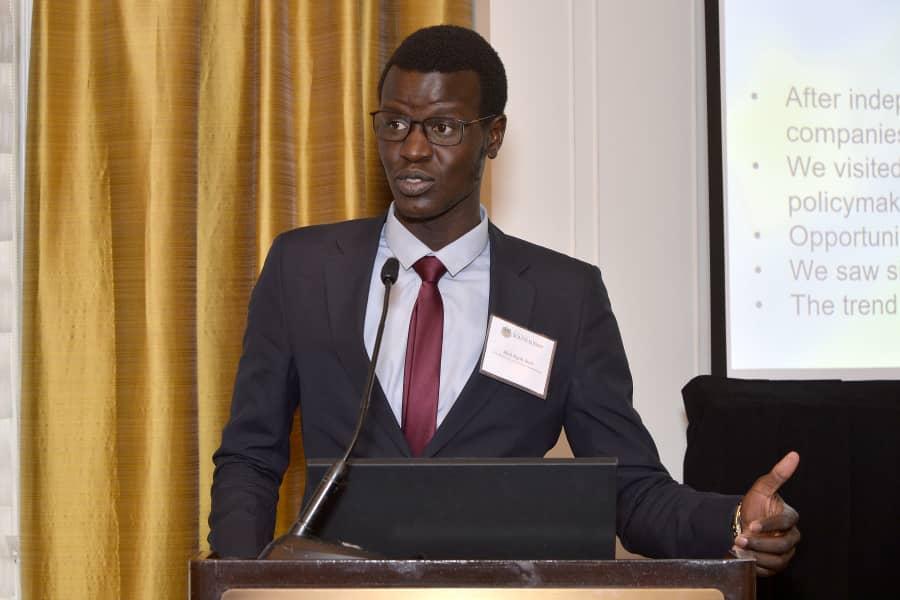China is rapidly gaining political and economic influence in Africa through its “debt trap diplomacy,” and to counter the Beijing regime’s regional hegemony, the United States must change its approach to the continent, an African business consultant and political activist said.
China will soon be controlling Africa and when the United States turns its attention to the continent, it will be too late, warned Akol Nyok Akol Dok, a South Sudanese business consultant and an activist who raises awareness about China’s neocolonial One Belt, One Road Initiative (OBOR). Dok was also Mr. Africa International in 2016.





